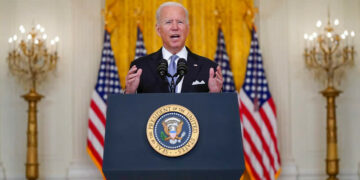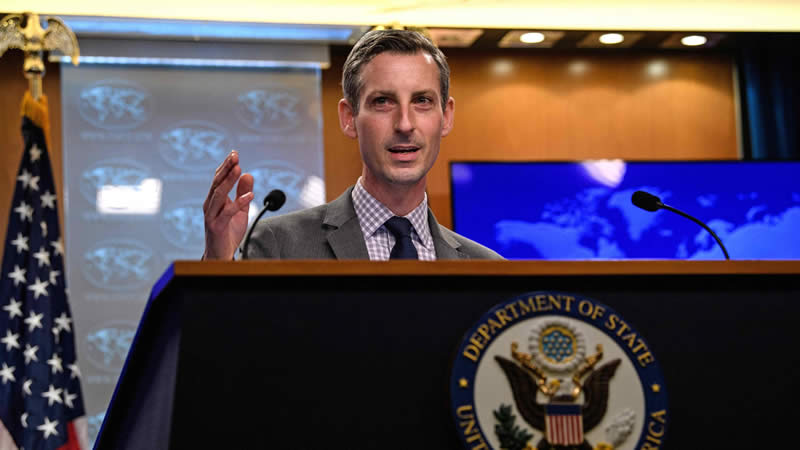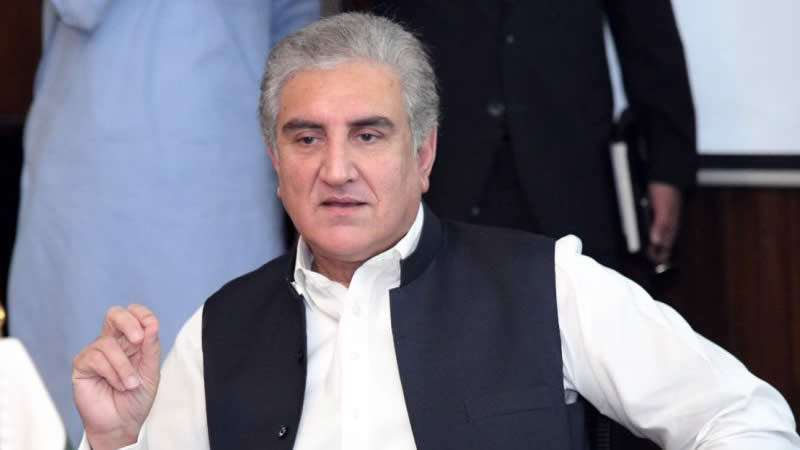 WASHINGTON — Vincent C. Gray, the chairman of the city council, defeated incumbent mayor Adrian M. Fenty early Wednesday morning.
WASHINGTON — Vincent C. Gray, the chairman of the city council, defeated incumbent mayor Adrian M. Fenty early Wednesday morning.
With 90 percent of precincts reporting by early Wednesday morning, Mr. Gray had 53 percent of the vote, compared to Mr. Fenty’s 46 percent. A spokesman for Mr. Fenty said the mayor had conceded the race, according to the Associated Press.
“Now it’s time for us to look forward, now we can work to unite our great city so that every resident has not only a voice, but has a role in facing the challenges we have ahead,” Mr. Gray said in a speech to supporters.
For Mr. Fenty the defeat represented a dramatic reversal of fortune.
Just four years ago Mr. Fenty won the most sweeping victory in local history, prevailing in every election precinct to become the youngest-ever mayor of this city.
Once in office, Mr. Fenty, hailed as a democratic rising star, revamped a school system that had been failing for decades. During his tenure, test scores rose. Constituent services were improved. The murder rate fell.
But in the end, Mr. Fenty, 39, was undermined by the widely held perception that he had lost touch with poorer and black voters and that he had become impulsive and aloof. Succeeding in many ways at administration, Mr. Fenty was tripped up by politics. Focused aggressively on results, he ignored process.
For his part, Mr. Gray, 67, executed a masterful and tireless campaign running as the anybody-but-Fenty candidate. While many voters, especially in poorer sections of the city, said they did not know much about Mr. Gray’s platform, they also said they were willing to vote for him because they wanted to get rid of Mr. Fenty.
Promising a new era and a softer executive style, Mr. Gray capitalized on the sense that Mr. Fenty was tone deaf to the needs of the predominantly black voters in the eastern section of the city, many of whom feel left behind by growing gentrification
Adding to this impression, Mr. Fenty alienated powerful constituencies by making perfunctory appearances and missing engagements with community leaders. He was also accused of cronyism for awarding contracts to close friends.
Voter turnout on Tuesday was low in many neighborhoods. Problems were reported at a dozen or so voting stations where machines malfunctioned, poll workers were unable to operate electronic ballot scanners and doors to the polling places did not open at the designated hour.
Since Washington is overwhelmingly Democratic, Mr. Gray’s victory in the primary virtually assures a general election victory.
In personality and leadership style, Mr. Gray strikes a stark contrast with Mr. Fenty, who prized himself on speed and results and was known for his unapologetic impatience with bureaucracy. Mr. Fenty was a man in a rush to fix things and the school system was his foremost fixation.
Soft-spoken and deliberative, Mr. Gray is conflict averse, a devoted student of process, and a proud consensus builder. As chairman of the city council, he helped enact legislation expanding pre-kindergarten programs and he initiated a series of reforms to bring more sunshine to the legislative process. Before joining the council, Mr. Gray ran the troubled Department of Human Services agency, with unimpressive results.
More recently, Mr. Gray has tried to allay fears among some residents that he would reverse improvements that Mr. Fenty fostered. In particular, many residents have voiced concern that a victory by Mr. Gray would signal an end to the city’s education overhaul under Michelle A. Rhee, the schools chancellor, which has become a model of education reform advocated by the Obama administration.
In his prepared victory speech, Mr. Gray addressed those fears, saying, “to those who say you can’t have both collaboration and reform… that they are mutually exclusive. I say, ‘You’re wrong!’ And we’re going to prove it to you!” He added, “Make no mistake — school reform will move forward in a Gray Administration! And it will be done in a holistic way, with a strong, empowered Chancellor who works with parents and teachers!”During her tenure, Ms. Rhee shut down two dozen schools and fired hundreds of educators for poor performance. She pushed for merit-based pay for teachers and overhauled their evaluation system to include student performance as a measure of success.
Along the way, Ms. Rhee earned the ire of the teachers’ union, which played an important role in mobilizing voters on Tuesday and shaping popular opinion of Mr. Fenty as dictatorial.
The local A.F.L.-C.I.O. chapter said it sent three different mailers to 30,000 members for this election. Officials with the American Federation of Teachers have said they spent more than $100,000 to unseat Mr. Fenty. – Nytimes











